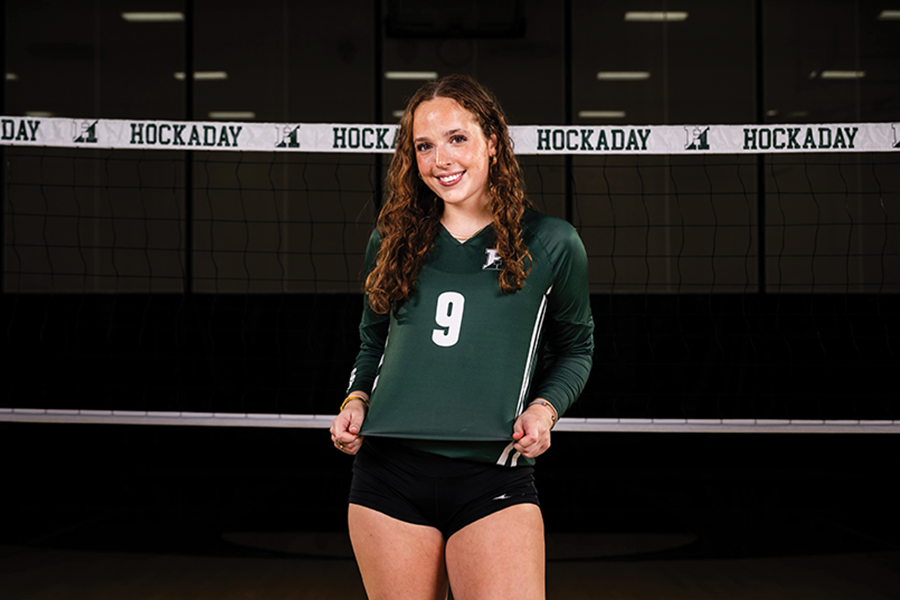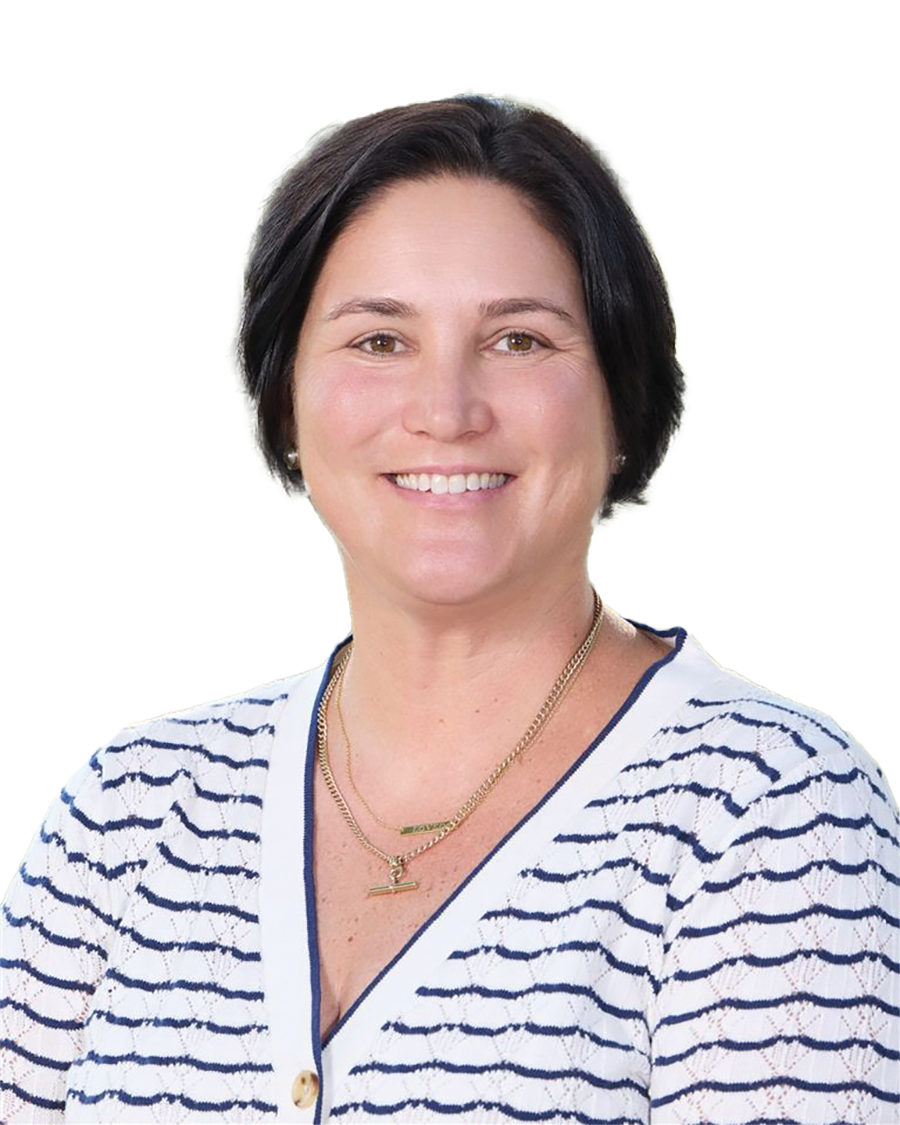With sweat soaking through her Lululemon tank top and no escape from the sun beating down on her, sophomore and three-season varsity athlete Rory Finn sprints to the top of Flagpole Hill, a local park in Dallas, as a part of her interval training with Assistant to Director of Athletics La’Boris Bean this past summer.
High achieving athletes, such as Finn, never take a break. Whether working to build their endurance and speed with Bean or to improve their muscular strength with personal trainer Jenny Francuski, many dedicated athletes like Finn plan on staying active over the summer to prepare for the upcoming fall sports season.
For the third year in a row, Bean is offering a summer track program at White Rock Lake’s Flagpole Hill. Even though these sessions are optional, Bean encourages all athletes to train with him over the summer to build up their overall fitness.
“Summer track helps keep athletes active over the summer and also helps them develop more confidence going into their following year of sports,” Bean said.
But this is not the first time that Finn has trained with Bean over the summer. Since the summer before her freshman year, Finn has participated in summer track with Bean to stay in shape and prepare for field hockey preseason in the fall.
“I’d say that summer track really helps me with my perseverance, because it’s not a school sport so it’s really about you and motivating yourself to get out there in the hot sun,” Finn said.
Alumna Charlsea Lamb ‘15, who is currently a member of the Rice University track team, spent three summers training with Bean. She felt that training over the summer allowed her to work with Bean in a more one-onone setting to focus on the specifics of her running technique.
“[Training during an off-season] limits you from having to start over each season,” Lamb said. “That goes for physically as well as mentally.”
In addition to Bean’s cardio focused camp, Francuski partnered with Bean to organize a weights clinic this summer in Hockaday’s Hill Family Wellness Center, focusing on building up muscular strength and overall confidence in all participants.
“It’s not one of those things you do just in season, but it’s because you want to feel strong and confident and fast and when you come up against a school that’s a competitor,” Francuski said.
But despite the many advantages of summer training, the Dallas heat can cause problems for athletes who do not take the proper precautions. Coaches try to avoid scheduling training sessions in the midday heat and they stress the importance of eating nutritious foods and hydrating before practice.
According to Varsity Crew Coach Tim McAllister, only then can the body slowly adapt to perform at its best.
“As long as summer athletic endeavors are undertaken with a focus on maintenance and replenishment of the athlete’s stores, there is no weather that really holds us back,” McAllister said. 2010 studies from the University of Oregon discovered that training in the heat can actually help improve overall fitness.
The pressure of training all year at an intense level leaves no time for the body to recover. According to the National Collegiate Athletic Association, a burnout can result from “too much training stress and too little recovery.” However, Bean said that with proper training, athletes will be less likely to burnout.
“I think that athletes that burnout tend to do the same sport over and over without any strength training,” Bean said. “I feel that strength training helps them maintain a healthy body throughout training.”
Yet, the risks of injuries are also present during summer training. And that is why weightlifting is beneficial. Francuski said that when lifting weights, athletes use a greater range of motion on their muscles and joints, training their tendons and ligaments to take certain stresses. Training these muscles helps prevent injuries that result when athletes try to perform things beyond their current strength and flexibility.
“If we introduce different stresses on the body, gradually it will help prevent other injuries rather than a sudden onset of stress,” Francuski said.
Other coaches at Hockaday see the benefits of summer training as well. For the first time, McAllister and his assistant coach Mary Condon decided to organize a learn-to-row summer camp for rising freshmen interested in joining the Hockaday crew program. McAllister hopes that this camp will help him identify the most qualified candidates for the program but also ease the freshmen into the sport.
“It is very important so that those with an interest in rowing find out just how competitive Hockaday Crew is,” McAllister said. McAllister plans for this program to take place during several weeks in June. Additionally, Bean and Francuski’s clinic will take place between June 6 and July 29.
For more details about either of these programs contact McAllister at [email protected]; Bean at [email protected]; and Francuski at [email protected].
– Amelia Brown – Asst. Sports and Health Editor –






